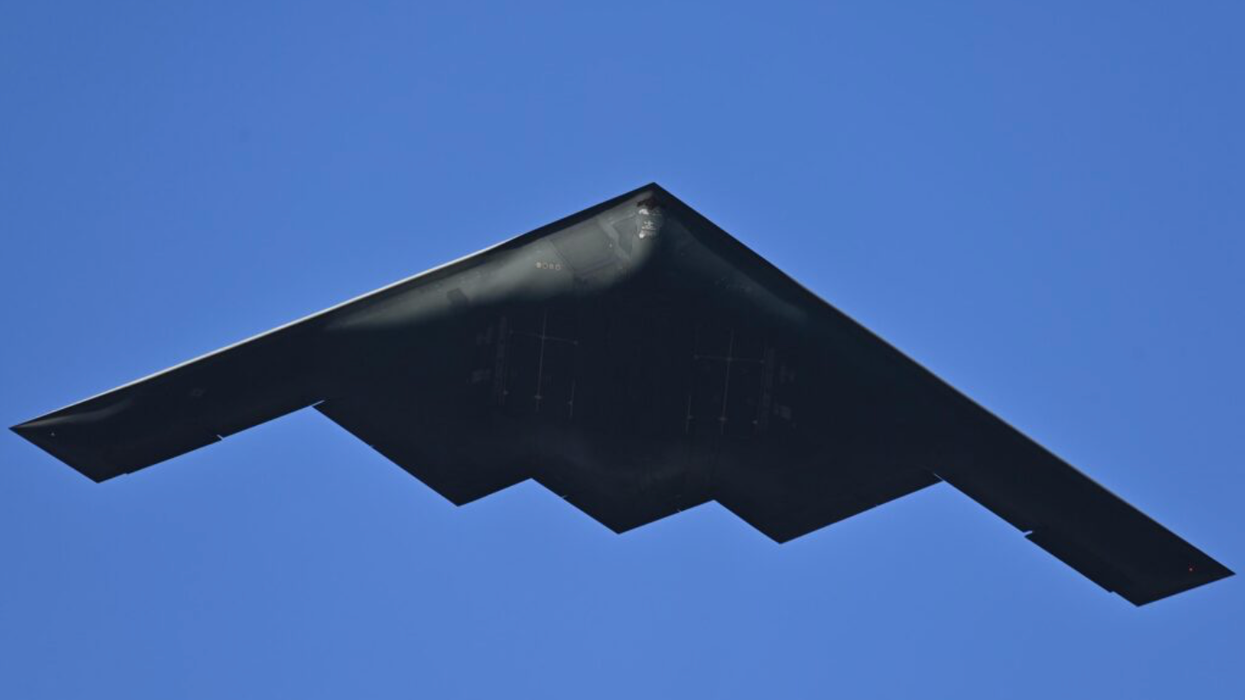After a short and successful war with Iraq, President George H.W. Bush claimed in 1991 that “the ghosts of Vietnam have been laid to rest beneath the sands of the Arabian desert.” Bush was referring to what was commonly called the “Vietnam syndrome.” The idea was that the Vietnam War had so scarred the American psyche that we forever lost confidence in American power.
The elder President Bush was partially right. The first Iraq war was certainly popular. And his successor, President Clinton, used American power — in the former Yugoslavia and elsewhere — with the general approval of the media and the public.
But when the younger Bush, Clinton’s successor, launched wars in Afghanistan and Iraq, the Vietnam syndrome came back with a vengeance. Barely three weeks after the U.S. attacked Afghanistan on Oct. 7, 2002, famed New York Times correspondent R.W. Apple penned a piece headlined “A Military Quagmire Remembered: Afghanistan as Vietnam.”
“Like an unwelcome specter from an unhappy past,” Apple wrote, “the ominous word ‘quagmire’ has begun to haunt conversations among government officials and students of foreign policy, both here and abroad.”
“Could Afghanistan become another Vietnam?” he rhetorically asked. “Echoes of Vietnam are unavoidable,” he asserted.
Over the next 12 months, the newspaper ran nearly 300 articles with the words “Vietnam” and “Afghanistan” in them. The New York Times, Washington Post, Chicago Tribune and Los Angeles Times ran articles mentioning Iraq and Vietnam at an average rate of more than twice a day (I looked it up 20 years ago).
The tragic irony is that President George W. Bush did what his father couldn’t: He exorcised the specter of “another Vietnam” — but he also replaced it with the specter of “another Iraq.”
That’s what’s echoing in the reaction to President Trump’s decision to attack Iran’s nuclear facilities. We’re all familiar with cliches about generals fighting the last war, but journalists and politicians have the same habit of cramming the square peg of current events into the round hole of previous conflicts.
Trump’s decision to bomb Iran — which I broadly support, with caveats — is fair game for criticism and concern. But the Iraq syndrome cosplay misleads more than instructs. For starters, no one is proposing “boots on the ground,” never mind “occupation” or “nation-building.”
The debate over whether George W. Bush lied us into war over the issue of weapons of mass destruction is more tendentious than the conventional wisdom on the left and right would have you believe. But it’s also irrelevant. No serious observer disputes that Iran has been pursuing a nuclear weapon for decades. The only live question is, or was: How close is Iran to having one?
Tulsi Gabbard, the director of national intelligence, told Congress in March — preposterously in my opinion — that “Iran is not building a nuclear weapon.” On Sunday, “Meet the Press” host Kristen Welker asked Vice President JD Vance, “So, why launch this strike now? Has the intelligence changed, Mr. Vice President?”
It’s a good question. But it’s not a sound basis for insinuating that another Republican president is again using faulty intelligence to get us into a war — just like Iraq.
The squabbling over whether this was a “preemptive” rather than “preventative” attack misses the point. America would be justified in attacking Iran even if Gabbard was right. Why? Because Iran has been committing acts of war against America, and Israel, for decades, mostly through terrorist proxies it created, trained, funded and directed for that purpose. In 1983, Hezbollah militants blew up the U.S. Embassy in Lebanon, killing 63. Later that year, it blew up the U.S. Marine barracks, also in Beirut, killing 241 Americans. In the decades since, Hezbollah and other Iranian proxies have orchestrated or attempted the murder of Americans repeatedly, including during the Iraq war. It even authorized the assassination of President Trump, according to Joe Biden’s Justice Department.
These are acts of war that would justify a response even if Iran had no interest in a nuclear weapon. But the fanatical regime — whose supporters routinely chant “Death to America!” — is pursuing a nuclear weapon.
For years, the argument for not taking out that program has rested largely on the fact that it would be too difficult. The facilities are too hardened, Iran’s proxies are too powerful.
That is the intelligence that has changed. Israel crushed Hezbollah and Hamas militants and eliminated much of Iran’s air defense system. What once seemed like a daunting assault on a Death Star turned into a layup by comparison.
None of this means that things cannot get worse or that Trump’s decision won’t end up being regrettable. But whatever that scenario looks like, it won’t look much like what happened in Iraq, except for those unwilling to see it any other way.
Jonah Goldberg is editor-in-chief of The Dispatch and the host of The Remnant podcast. His Twitter handle is @JonahDispatch.




















Trump & Hegseth gave Mark Kelly a huge 2028 gift